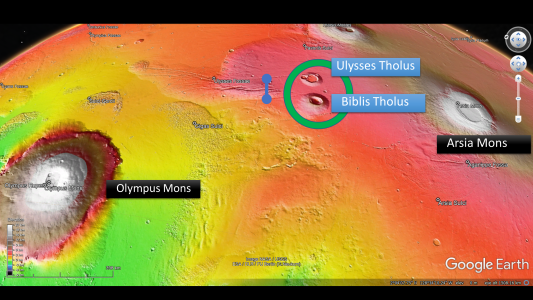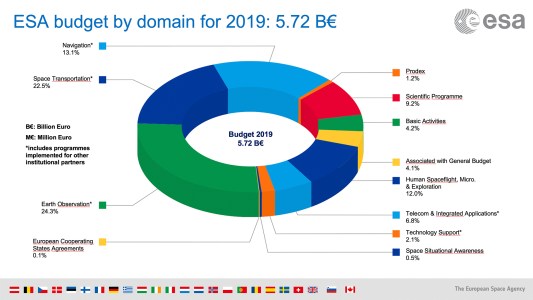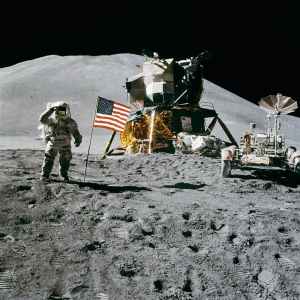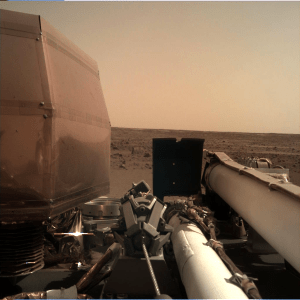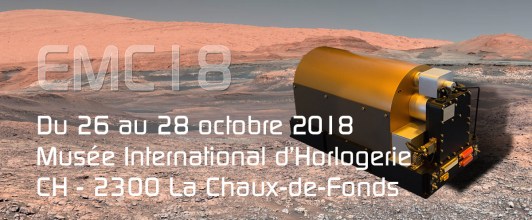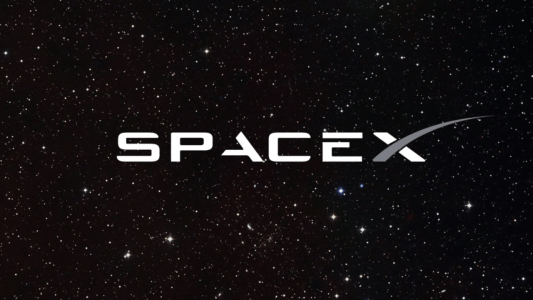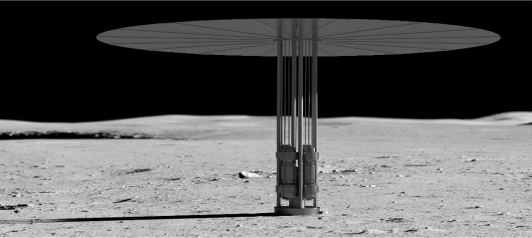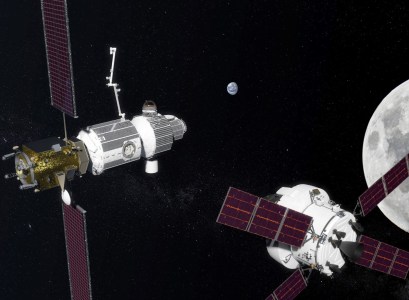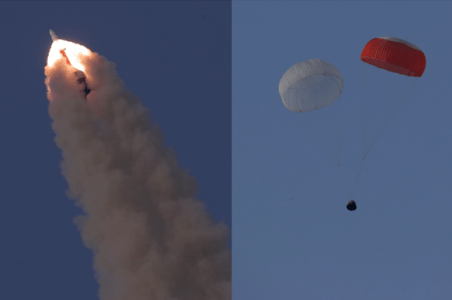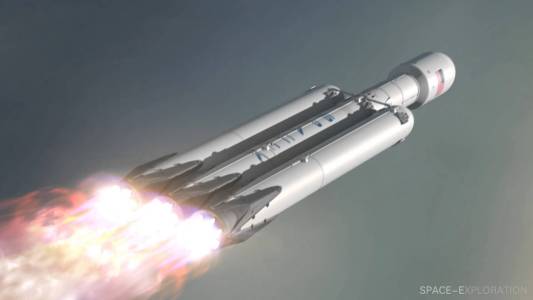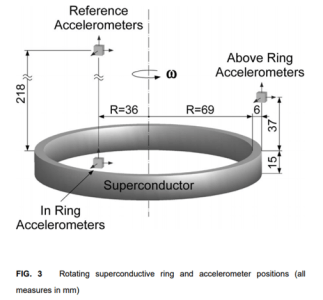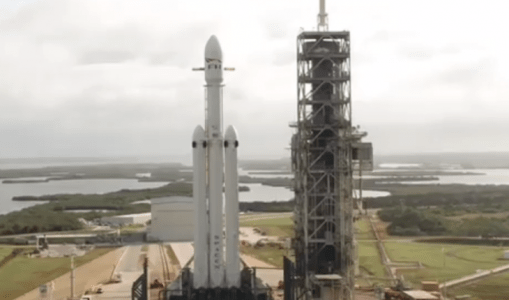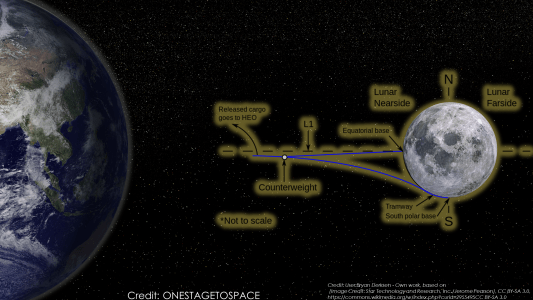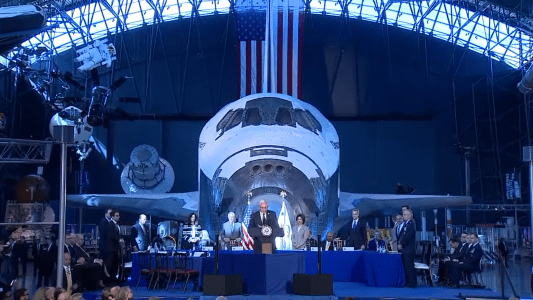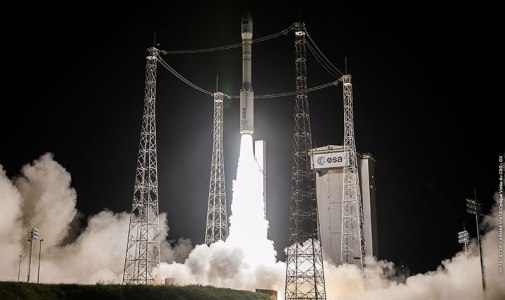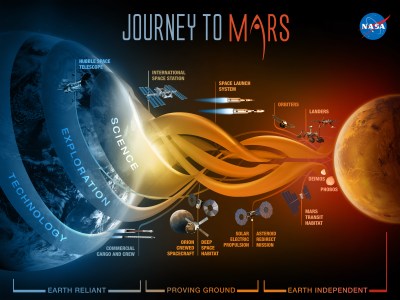OPED.
A space Resource? Is it yours? Is it ours? Is it all of ours? Should we share? Finders keepers?
Due to abstruse language regarding the ownership issue of space resources in the original space treaties of to the nineteen sixties, which clearly was inspired by the diplomatic effort of creating a legal compromise all parties could agree upon, a debate has been raging in the last decades, not only on what the document says about ownership but also what it means.
The treaties are so bad in dealing with ownership issues, vaguely referring to the applicability of (other) international law, that even experts in international law cannot agree on which aspects individual nations can legislate about, or what, if any, ownership deeds commercial entities within a nation can take vs. initiatives taken by state actors themselves, without butting heads with the international community.
Are nations allowed to interpret the ownership issues in the international laws in a permissive manner or not? And what precisely was the status of enforceability of disputed interpretations of these documents? The issue was never clear and positions became entrenched.
Initiatives taken by the USA and Luxembourg to force a breakthrough of this stalemate, by enabling their citizens to own harvested space resources with unilateral legislation are understandable, and in our opinion laudable, but they often sit badly with mainly the internationalist European legal schools, who are brought up in the spirit of Erasmus and tend to believe that international frameworks and cooperation are the best approaches to all challenges with an international aspect*.
However, the international approach they envision usually has the result of stifling the creation of new markets with red tape, instead of allowing and enabling the creative chaos and speedy dynamism that commercial entrepreneurial endeavors bring.
A good example of the arresting effect international treaty negotiations can have, are the birth pains of the International Law of the Seas (in force since 1994) and the establishment of ISA, the International Seabed Authority, established to organize, regulate and control all mineral-related activities in the international seabed area beyond the limits of national jurisdiction. The long drawn out efforts to create these instruments have been a great hindrance to all types of mining of the resources at the bottom of the sea, even environmentally neutral types of mining. 25 Years later, the first mining companies that obtained permits through ISA, have still to make a profitable dent in the ocean floor. To many observers and negotiators, this particular Treaty negotiation process was an example of how not to organize legal regimes for the commercial utilization of resources outside of national territories.
Back to space, the undesirable situation of legal vagueries in the space treaties was bearable as long as technologies were absent to actually harvest the resources, but today the situation has changed. Space Resources Mining is not only feasible, it is being pursued as a commercial venture by a host of new space actors. An international community that desires an international-regime-first-approach is in danger of missing out by tying both hands on its back. Not only are they not organizing their industry to generate benefits from space resources through the fostering of national entrepreneurial initiatives, they could also see themselves forced to spend good diplomatic currency on what is today a low priority issue by attacking nations with a more liberal stance through legal sword fighting.
With some nations having put a permissive legal regime in place, a return of manned missions the Moon planned for the first half of the next decade, and small robotic craft leading the charge, as evidenced by the Chinese and Israeli robotic landers of 2018 and 2019, the issue is now rising to the front of the minds of legal and policy specialists around the world.
In a surprising twist, it are Belgium and Greece who are now taking the initiative to once and for all put the ownership issue on the agenda of UNOOSA, the United Nations Office for Outer Space Affairs.
With their joint ‘Proposal for the establishment of a working group for the development of an international regime for the utilization and exploitation of space resources’, they hope international actors will agree on bringing clarity.
A short analysis of paragraph six of the introduction to this document will make the dispute understandable.
“6. Over the last few years, there has been intense debate on the development of
activities related to the exploration, exploitation and utilization of outer space
resources. This debate must take into account the existence of relevant ambitions, the
attraction of significant investment and the development of the necessary technology,
so that planned, public or private activities of such a character in outer space have a
promising future. What is more, such activities need a solid, unequivocal legal
regime, which should be formulated on the basis of the following principles of
international space law in force.“
And that is precisely the contention. Commercial actors will argue that they do not require legal clarity on the ownership issue. They mainly want to be permitted to take the initiative to demonstrate their technologies or alternatively, provide prospective manned bases and rockets with propellant and breathable gases as a service or at least make progress towards these goals. Such permissions do not require a treaty. Furthermore, the amounts to be mined involved barely scratch the surface of the available resources. Naturally, the potential is astronomical, but sizeable demand for in space resources has still to materialize, as there are no takers, which implies large scale operations are decades away. Indeed, at this early stage, even before the existence of an actual space resources market, it can be disputed that there is any need for a restrictive legal regime bringing order.
There also is no inkling of a conflict between operators in the field and any claim of ownership over a large swath of space resources (e.g. the ice fields in the Shackleton Area on the lunar South pole). Any such claims would be unenforceable by either existing legal, diplomatic or military means. With the exception of the occasional anti-satellite test, and the occasional spying on national assets, space actors are usually extremely well behaved. One can point to the Space Debris problem, where we see the international space actors regulating their activities on their own initiative by drafting best practices and space debris mitigation standards, despite having dissimilar national space legislation. This reality clearly contradicts the following overbearing position taken in the proposal: “16. The need for an international legal regime for space resource exploitation also arises from the fact that national approaches to space resource exploitation are bound to result in conflicts between competing players, if left to evolve on their own without international guidance. […]”. Indeed, a look at actual stakeholder behavior does not support this ideology-driven pessimism.
As such, the idea that activities by commercial entities or states will endanger free access to resources on specific celestial bodies by other nations is not only a factual impossibility or a merely a hypothetical worry, we also have no reason to doubt that the commercial actors will self regulate their mining operation in a good neighborly fashion, which can either be understood as common sense or as an exponent of the spirit of international camaraderie, mutual assistance, and peaceful utilization of space that pervaded the original Space Treaties, and has proven to be present in all past and current civilian space activities, which resource operations are.
Then again, Belgium is a member of the Moon Treaty and might finally see a reason to invoke its article 11, for the obligation among States parties to undertake to establish an international regime of exploitation of the natural resources of the Moon, “as such exploitation is about to become feasible”. As paragraph 12. of the Belgian/Greek proposal correctly adds: “For the majority of the members of the Committee that have not yet ratified the Agreement, the international norms applicable to the exploration and exploitation of outer space are the relevant provisions of the Outer Space Treaty.” and not the Moon Treaty.
Secondly, the a priori creation of a legal regime is not a necessity. Another traditional way to create international law, and we refer to the original lex mercatoria, is to have an international regime emerge from behaviors of operators in the sea (or in this case deep space as a sui generis forum), which in a much later stage are followed by the verdicts of international court cases concerning space resources disputes, which are at least a decade away. The advantage is that we can allow an actual practice to develop in space. Better informed by how things evolve on the other-worldly-ground, ideological passions will ebb away (as they usually do). In this manner, it is more likely that pragmatic rules will see the light of day, instead of another series of legal documents with lofty declarations but little actual weight.
So do space resource activities require the establishment of an orderly international regime? In the absence of all but imaginary disputes and no behaviors conducive of conflict, we believe the answer is: not yet. Although I am certain that at least the Belgian and Greek delegations are eager to prove us wrong.
The proposed discussion format also does not give us much hope that commercial stakeholders, individual enterprises and entrepreneurial individuals will be heard: ’30. As noted, the discussion of these and other issues should be informed by the views of different expert groups comprising scientific, economic, technical and legal experts in order to establish a shared factual basis from which to proceed. In this respect, much can be learned from the experience of the Working Group on the Long-term Sustainability of Outer Space Activities, which relied in large part on expert groups comprising scientific, technical, policy and legal experts nominated by member States and international intergovernmental organizations with permanent observer status in the Committee. In contrast to the diplomatic negotiation format of the Committee discussions, the expert groups were deliberative forums in which the technical experts from a wide range of countries exchanged their views and experience and proposed draft guidelines for the consideration of the Working Group.’ There is a big difference between national economic experts, business owners, and entrepreneurs. In an age where people are shouting for more direct control over their personal destinies, having no opportunity to have a decisive influence on the endproduct intergovernmental discussions seems to be an ever more anachronistic approach. Further, being allowed to exchange views in a working group ultimately resulting in a loss of personal initiative in space and the imposition of a broad set of regulations and administrative red tape, is a very bad consolation price, compared to the alternative of having no regime at all but maximum freedom to operate and self regulate.
As a person with a liberal view on entrepreneurial space activities, I am slightly alarmed by the combative and restrictive language in this document, defending treaty interpretations and distinctions as broadly accepted but which do not resist scrutiny. It also tries to bring new life to provisions of the Moon Treaty which is only signed by a handful of nations and which has no chance to become widely adopted because of its multiple shooting-yourself-in-the-foot clauses. Since it is only a proposal for in-depth negotiations, one should not worry too much about the contents of a proposal. Taking positions, or to releasing opening salvo’s as a devil’s advocate, leads to good debates. More fundamentally, since the majority of nations now have the financial clout to be active in space, thanks to the reduction in launch costs and miniaturization having led to the affordability of smaller more capable space platforms, a more liberal stance by an international community that stands to profit through their own actions (instead of via some benefits redistribution scheme), is not an impossibility.
Said advances in technology and lowering of the cost of operating in space, makes our stomach crinch when we read anachronistic passages like “31. The novel nature of the activities under discussion and their expected impact also requires that any future working group on space resources coordinate with other actors. In particular, the potentially disruptive economic impact of space resource exploitation activities on existing global inequalities indicates a pressing need to cooperate with existing mechanisms working on the implementation and realization of the Sustainable Development Goals.” The paragraph reads like it is written by people ill-informed on the nature of space markets and who copy/pasted their ideology from treaty negotiation documents dating back to the ’70-ies.
Still, traditional fault lines and sensibilities that exist between Marxist, socialist, globalist, liberal, capitalist, unilateralist nations have not completely faded. Nevertheless, since space launch services are freely accessible on the civilian market at reasonable costs, arguments invoking a technological, financial or capability divide no longer exist to the degree that they would require an elaborate rebalancing mechanism. This does not sit well with the aspiration in paragraph 29 (g) of the proposal that seeks to create a scheme for “Benefit-sharing of space resource activities, taking into account the contributions of resource-collecting States and the needs of developing and non-spacefaring countries.” Due to the rise of the economic tide witnessed in developing nations over the past decades, even the poorest nations can now afford low-cost space assets and train a space cadre, which is very different from the situation in earlier decades. Today one can argue that being a non-spacefaring country is more likely to be a free choice of the entrepreneurial class within a country to buy or not space services on the international civilian market, more than it is the choice of priorities by national governments imposed by financial necessity. Arguing that your nation cannot be successful in space resource activities no longer convinces (except for the rare cases where embargoes are imposed on certain regimes).
For nations that have not signed the Moon Treaty any idea that redistribution schemes referred to in the Moon Treaty ought to figure in a forth-coming international regime, might well be a non-starter.
As a result, the proposal to quickly bring clarity might once again create the sucking sounds of a legal marsh, which would somewhat spoil the fun for our happily bouncing Lunar Astronauts. Jumping astronauts with pickaxes and shovels dry-panning for gold (more likely oxygen and H2O), now wouldn’t that be a sight?
*One can wonder whether nations can even create treaties concerning the ownership of resources in space since there are no nations with national territory in space. The consensus is that sovereign nations can create treaties about it simply because we already did…and badly.

